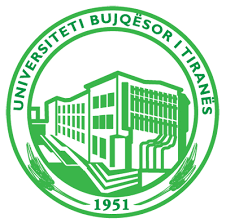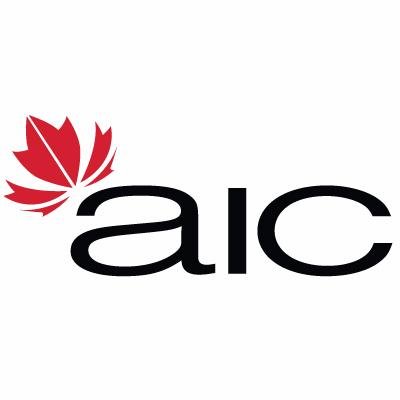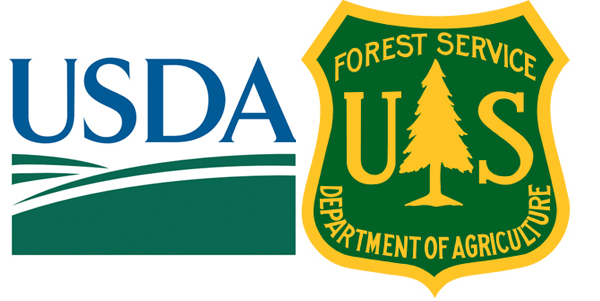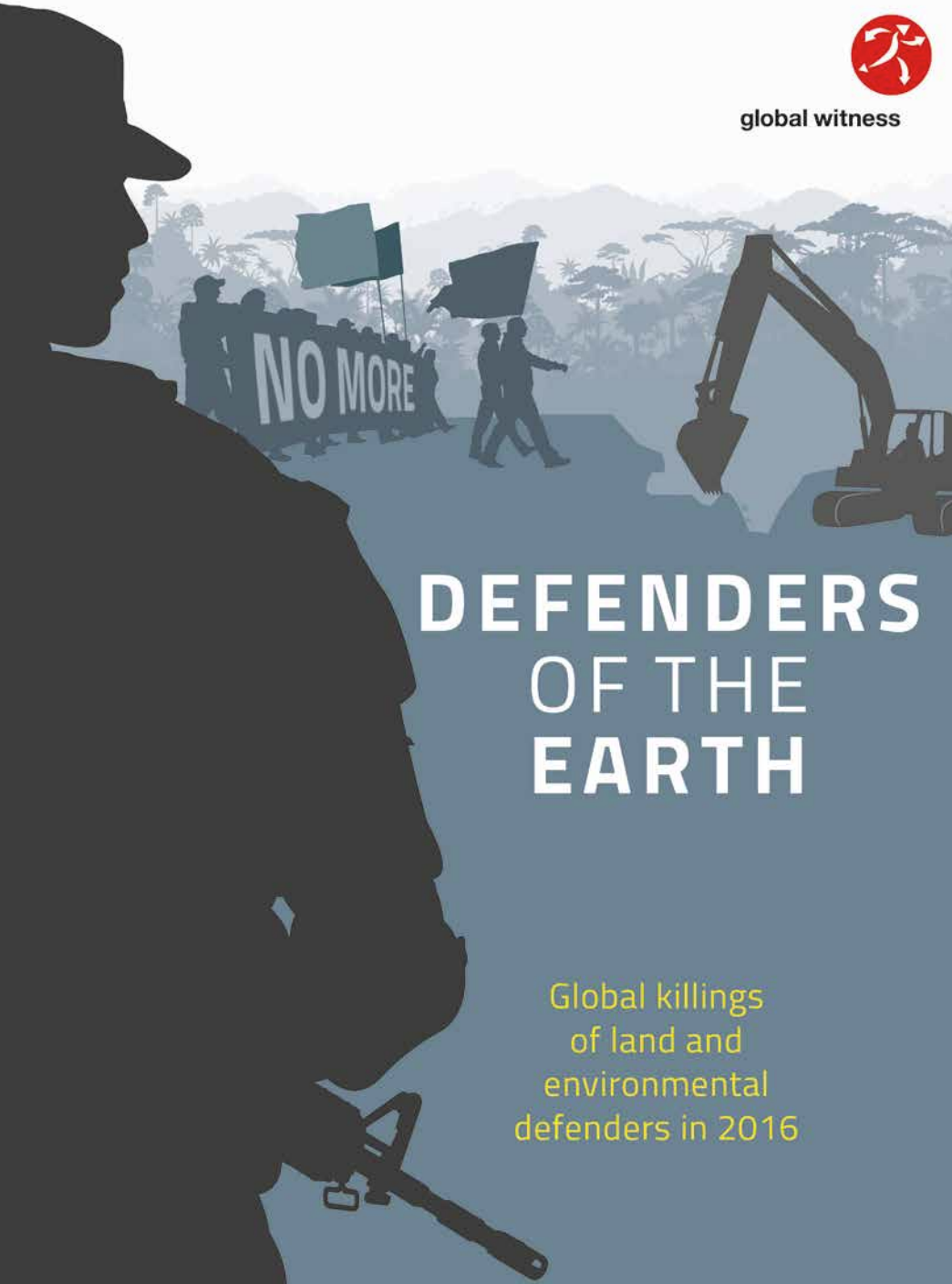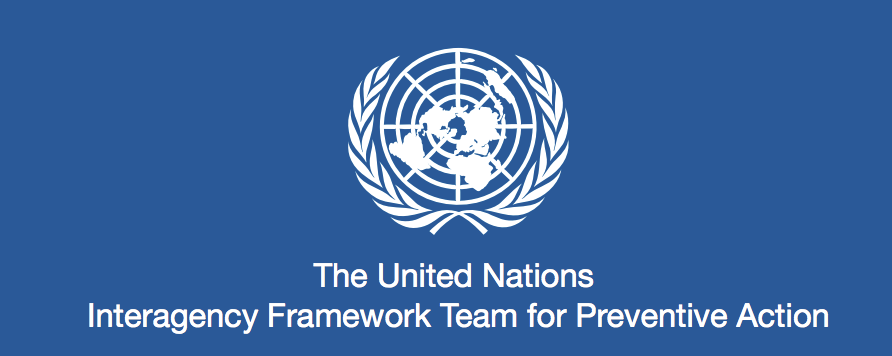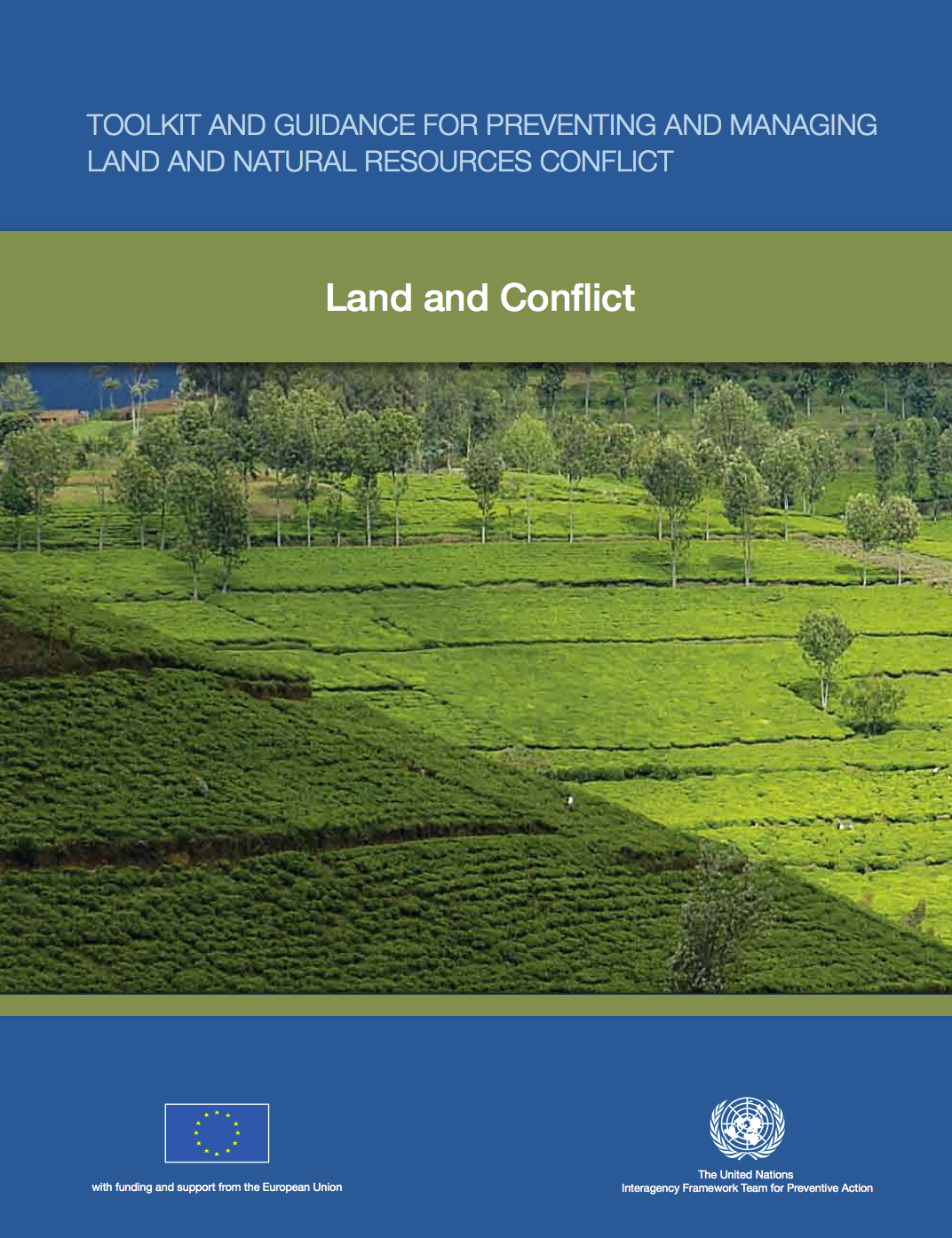Details
Location
Contributions
Displaying 811 - 820 of 2403Agricultural University of Tirana
The Agricultural University of Tirana is a public university located in Tirana, Albania. It offers education in agronomy, veterinary, forestry, ecology, agribusiness, and similar subjects.
Source: Wikipedia
Agricultural Institute of Canada
History
On June 2, 1920, the Canadian Society of Technical Agriculturists was formally launched. The idea of an organization dedicated to the professional aspects of Canadian agriculture caught on and branches quickly formed across the country.
By 1944 the Canadian Society of Technical Agriculturists had evolved into the Agricultural Institute of Canada. Over time, nine provincial institutes of agrologists came on board to administer the formation, recognition and control of professional groups under provincial jurisdiction.
Academic Press
Academic Press has been a leading publisher of scientific books for over 70 years.
Best known throughout the international scientific community for the superior quality content of its publications, Academic Press’ extensive list of renowned authors includes leading experts in the scientific world, Nobel Prize winners, and honored scientific researchers.
United States Department of Agriculture - Forest service
We are a multi-faceted agency that manages and protects 154 national forests and 20 grasslands in 43 states and Puerto Rico. The agency’s mission is to sustain the health, diversity, and productivity of the nation’s forests and grasslands to meet the needs of present and future generations.
Forest Products Society
The Forest Products Society is an international not-for-profit technical association founded in 1947 to provide an information network for all segments of the forest products industry. Learn more about the Society's history. Membership is open to all interested individuals and organizations.
Regional Center for Social Science and Sustainable Development - Chiang Mai University
The Regional Center for Social Science and Sustainable Development (RCSD) was established in 1998 at the Faculty of Social Sciences, Chiang Mai University, Thailand in response to the need for integration of social science and natural science knowledge in order to gain a better understanding of sustainable development issues in upper mainland Southeast Asia. RCSD has, since that time, striven to become a truly regional center for sustainable development issues, linking graduate training and research to development policy and practice.
BRICS Initiatives in Critical Agrarian Studies
The Rise of the BRICS
The economic and political rise of the BRICS countries (Brazil, Russia, India, China and South Africa) has far-reaching implications for global agrarian transformation as key sites of production, circulation and consumption of agricultural commodities. They are hosts to abundant cheap labour and natural resources, and to growing numbers of affluent consumers at the same time.
Defenders of the Earth
2016 saw a record 200 killings of people defending their land, forests and rivers against destructive industries.
It has never been deadlier to take a stand against companies that steal land and destroy the environment. Our new report Defenders of the Earth found that nearly four people were murdered every week in 2016 protecting their land and the natural world from industries like mining, logging and agribusiness.
United Nations Interagency Framework Team for Preventive Action
The United Nations Interagency Framework Team for Preventive Action (the Framework Team or FT) is an internal United Nations (UN) support mechanism that assists UN Resident Coordinators (RCs) and UN Country Teams (UNCTs) in developing conict prevention strategies and programmes. The FT works closely with UN departments and UN agencies, funds and programmes (UN AFPs) to improve programme effectiveness through better interagency collaboration within Headquarters, and between Headquarters and the eld.
Toolkit and Guidance for Preventing and managing Land and Natural Resources Conflict - Land and Conflcit
This guidance note provides a framework for understanding and addressing land and natural resource-related grievances and conflicts through a holistic, systematic approach. While the main emphasis is on violent conflict, it may also be useful in a variety of other situations characterized by significant land-related grievances, but which are not currently or openly violent. It is intended for staff of multilateral organisations, national and local governments, and civil society organisations.


